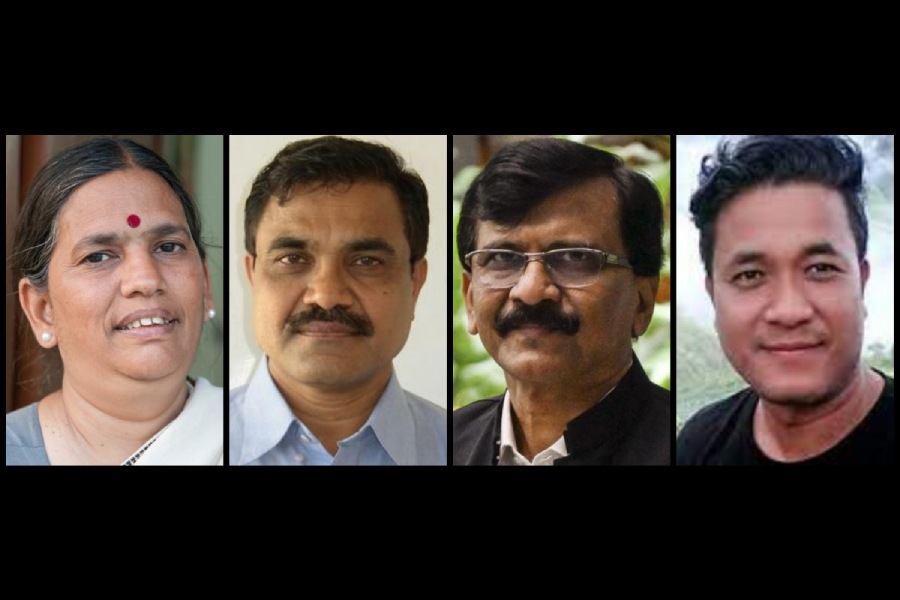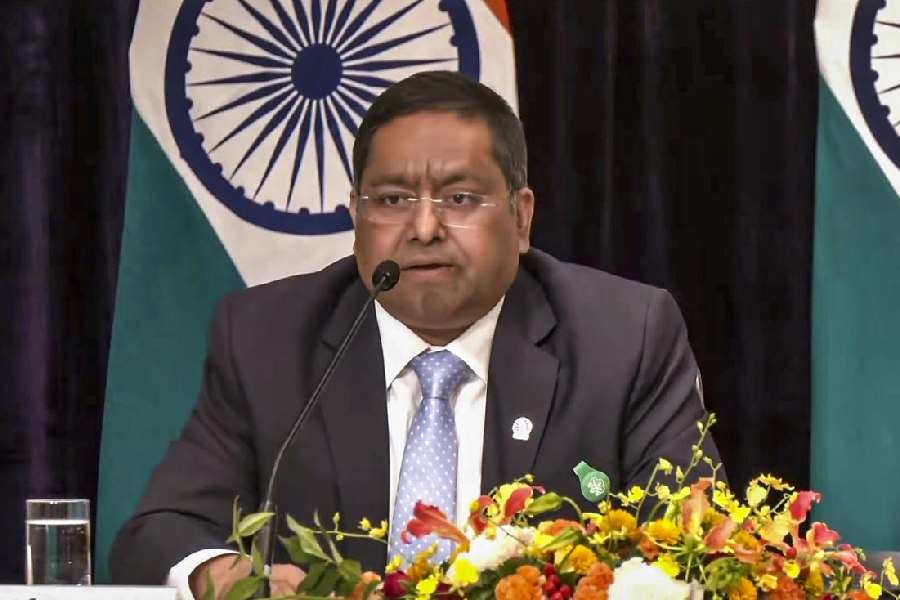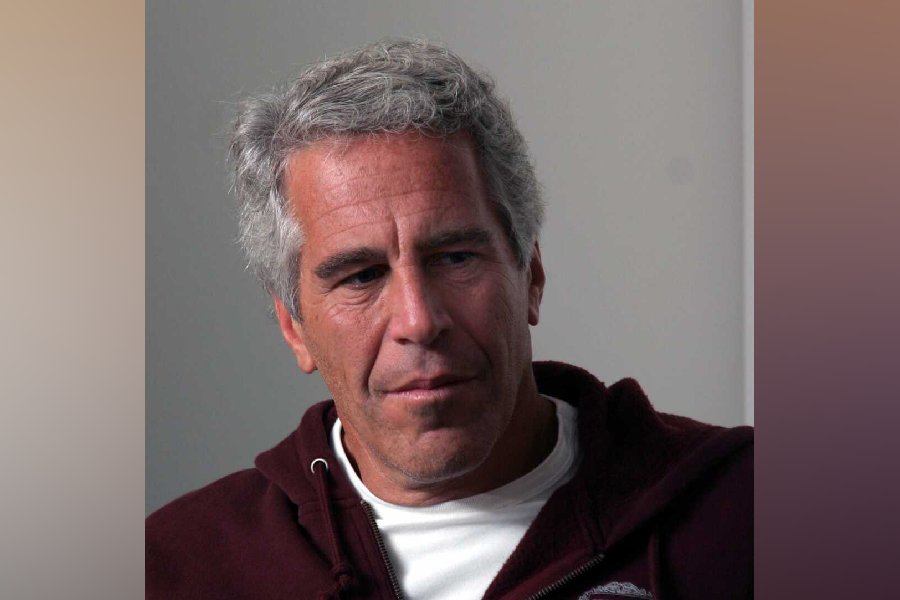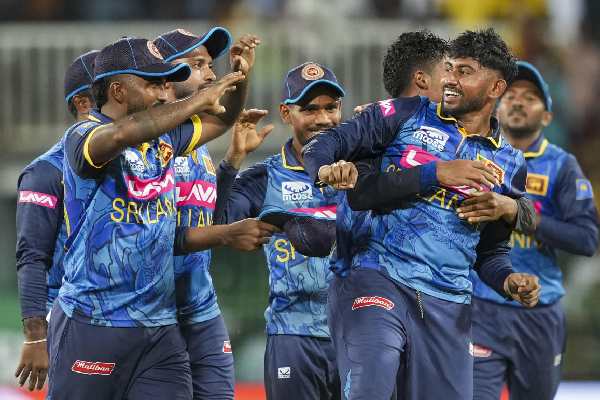Book: THE FEARED: CONVERSATIONS WITH ELEVEN POLITICAL PRISONERS
Author: Neeta Kolhatkar
Published by: Simon & Schuster, Yoda Press
Price: Rs 399
More than an institution that regulates discipline in society and the rehabilitation of offenders, prison in India is synonymous with the purgatory. Those who enter it are irrevocably branded with stigma by the world outside and are subjected to gross maltreatment inside. The Feared is not only an urgent call for prison reforms but it also reveals an alarming history of forced and/or false incarcerations of political dissenters, opponents and activists in India. Through eleven engaged and intimate conversations with these people, the book manages to humanise those who have been institutionally dehumanised.
The opening interview with Sudha Bharadwaj revisits her days in Yerawada and Byculla prisons. Bharadwaj talks about her daughter and the complexity of mulaqat processes in Indian prisons — a recurring conversation in the book wherein the interviewees report arbitrary rules that the prison authorities impose with impunity, often in flagrant violation of the prescribed Prison Manual.
The conversation with Anand Teltumbde often elicits meditative responses from the scholar as he talks about his time in the prison and how he managed to stay ahead of the gloom by engaging with literature and philosophy. His wife, Rama Ambedkar, also adds to it by sharing her own trials outside the prison: “The authorities targeted Anand for his criticism of the government. Unfortunately the Dalit community fell prey to government propaganda. My daughters and I had to fight all by ourselves during the entire period when Anand was in jail.”
Another revealing conversation is with the former member of Parliament, Sanjay Raut. The Enforcement Directorate charged him with money laundering and playing a key role in the Patra Chawl land scam. Raut makes some bold revelations about the alleged ‘washing machine’ policy of the ruling dispensation. His arrest, along with various other members of Uddhav Thackeray’s faction of the Shiv Sena, was an intimidation tactic to break the party, he suggests: “Eknath Shinde is a victim of the ED. The only difference between them and us is that they are scared, while we are not. Some of us have faced the agencies fearlessly.”
In other interviews, such as those with the Manipuri journalist, Kishorechandra Wangkhem, and a “most-wanted” Maoist, K. Muralidharan, the book explores how people associated with fringe groups had serious charges of sedition and unlawful activities levelled on them for speaking truth to power. In many of these cases, the process itself is the punishment. This culture of intimidation and violence against political prisoners has continued for decades in India; a few interviewees refer back to their days in prison during the Emergency.
The Feared leaves one with dread as it exposes the abysmal conditions of Indian prisons. The more enduring response, however, is alarm. India’s prisons are governed by the whims of those who are sworn to be the guardians of its constitutional values but often become the violators instead. This is why this book must be read by those concerned with the health of our democracy.










